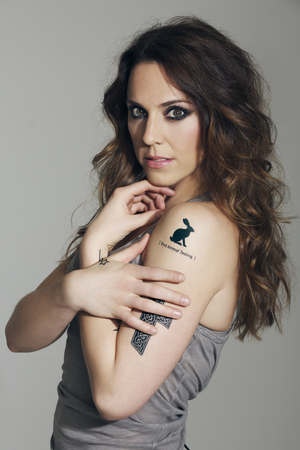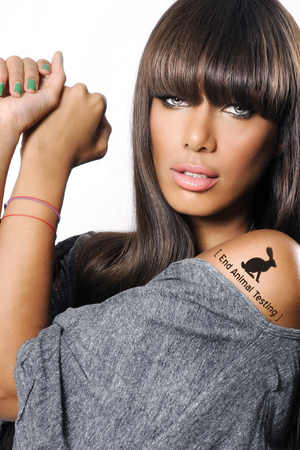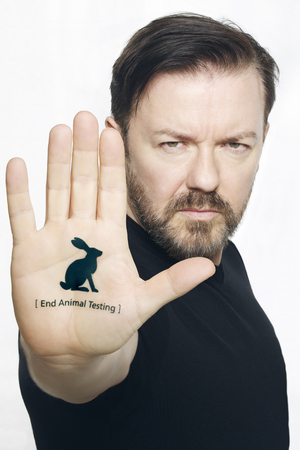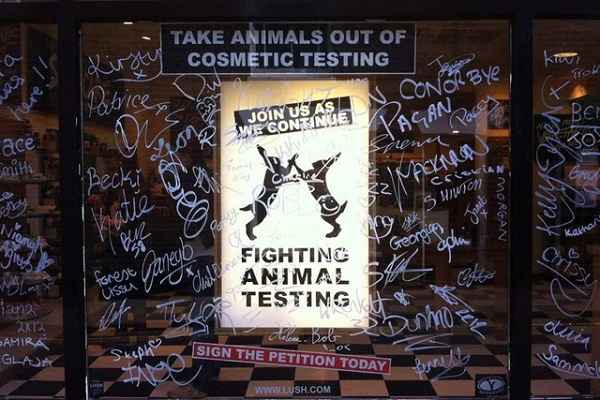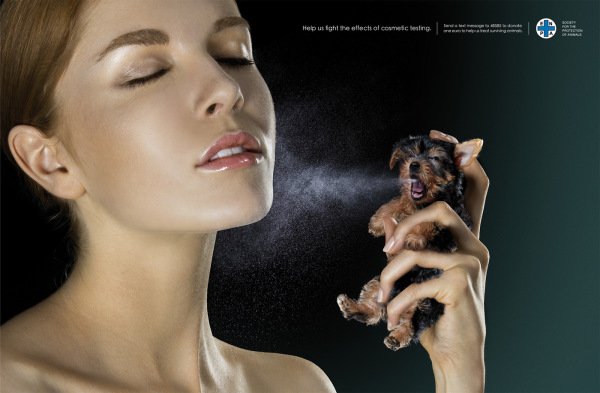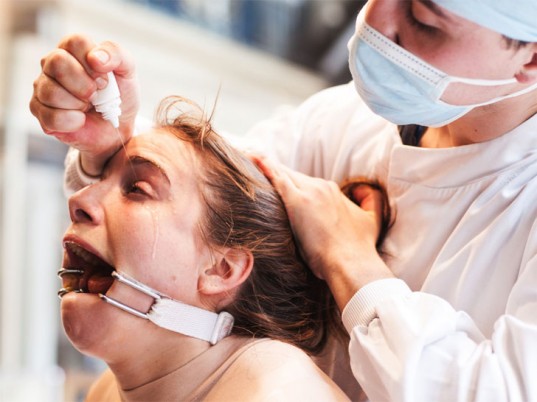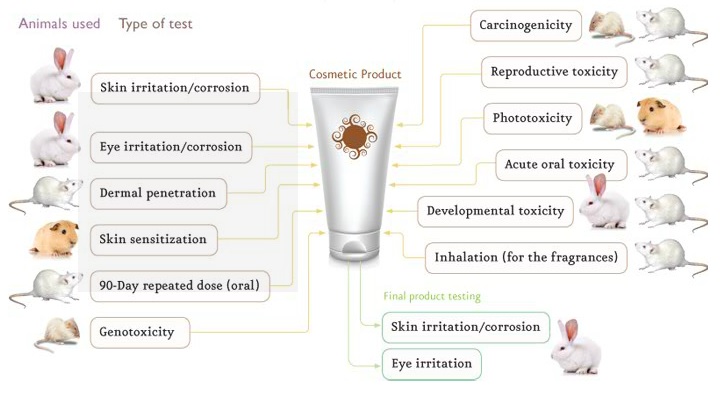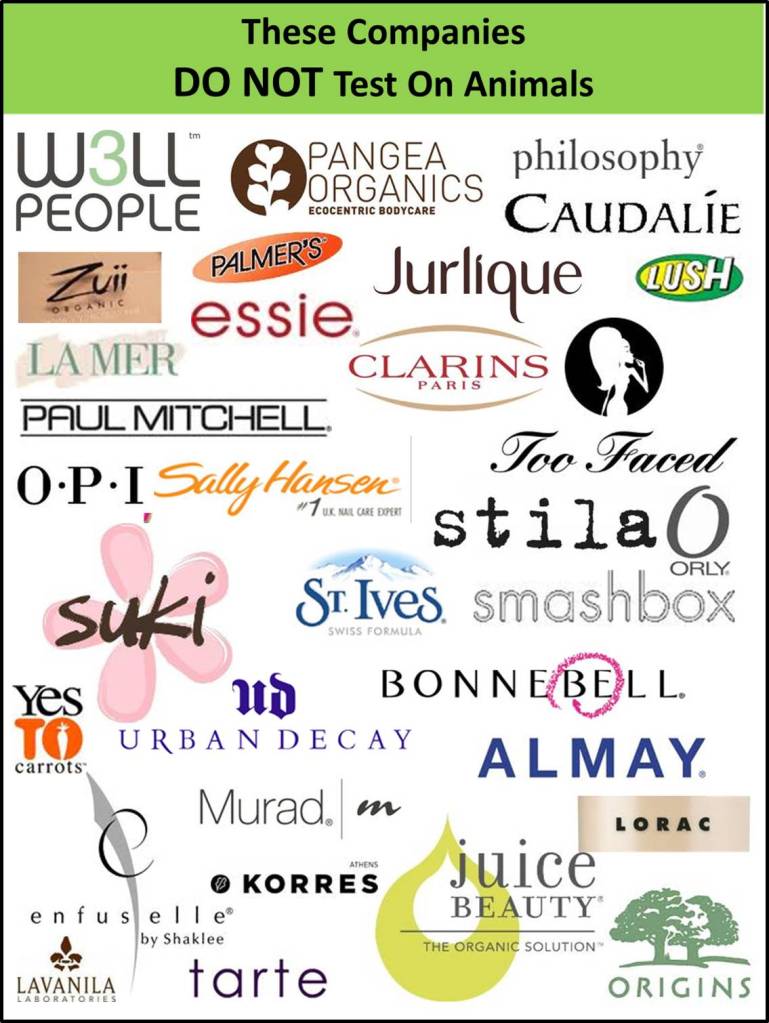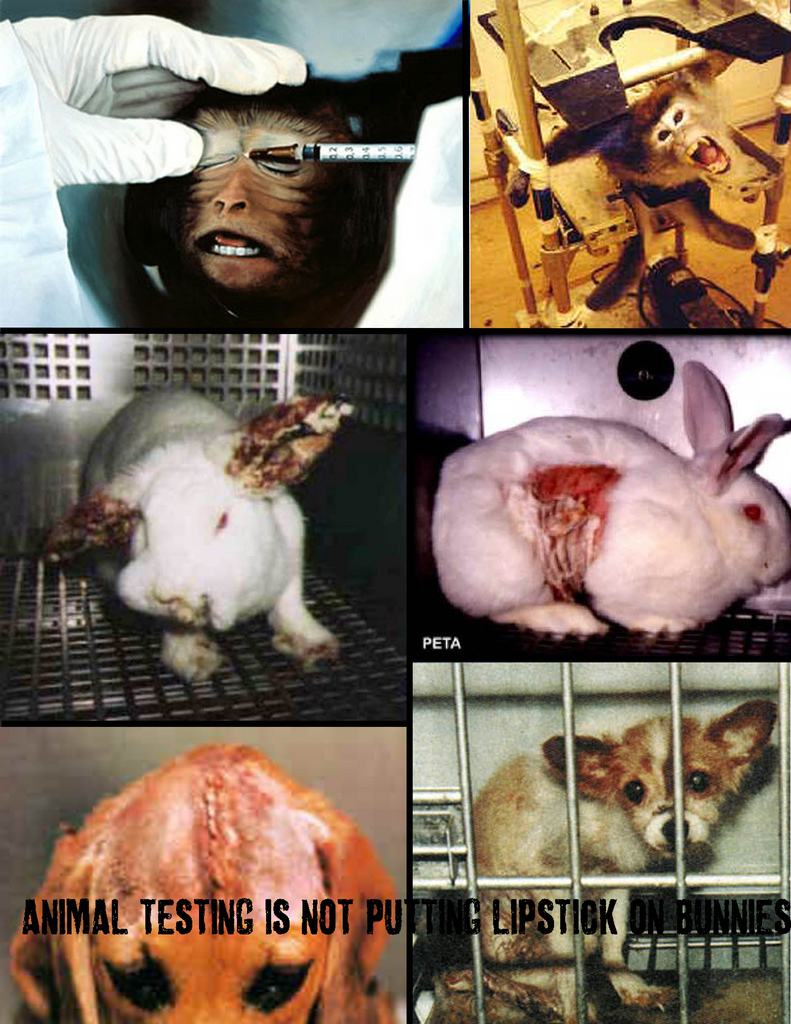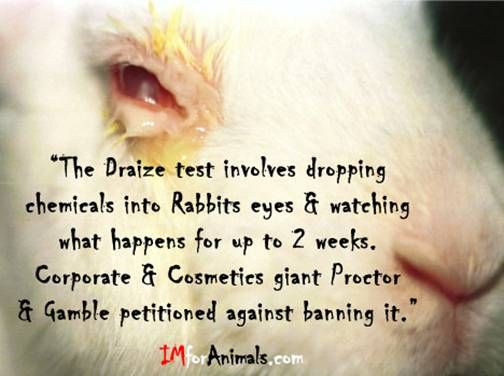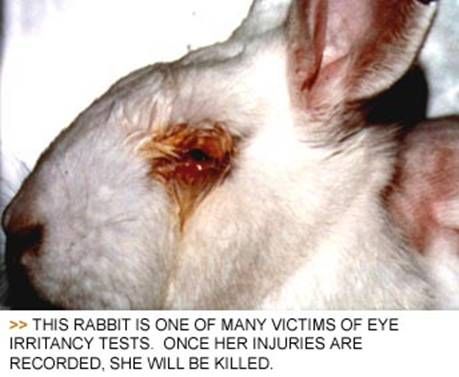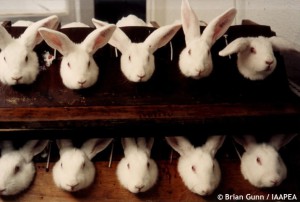EU Bans Sale of All Animal-Tested Cosmetics
Cosmetic products researched on rabbits, monkeys, mice and dogs before they go on sale have always been a struggle between animal rights activists and the cosmetic industry. Although over the years many cosmetics giants have switched their animal-testing practices to a more humane approach, many other cosmetics companies still test their ingredients on animal. The European Union today announced a complete ban on sale of all animal tested cosmetics. While animal activists rejoice, the cosmetic industry is worried at their disadvantage in the global market.
EU announce a complete ban
A complete ban on the sale of cosmetics developed through animal testing is now in force in the EU.
It was years in the making, but European Union leaders finally banned the sale of all cosmetics that rely on animal testing during development.
The total ban applies to all new cosmetics and their ingredients sold in the EU, regardless of where in the world testing on animals was carried out.
The EU has been slowly sifting out animal-tested cosmetics that since the early 1990s. The few exceptions that were allowed are now gone.
Despite the EU's 2009 ban, cosmetics firms were allowed to test on animals for the most complex human health effects, such as toxicity. Those tests are now banned too.
The animals will be spared but consumers are unlikely to notice immediate changes because products containing animal-tested ingredients before the ban can remain on the shelves.
The EU Commission says it is working with industry to develop more alternatives to animal testing, and that it allocated 238m euros (£208m; $310m) in 2007-2011 for such research.
A win for animal rights activists
Activists have for years pressured cosmetic firms and other companies that use animal testing to find alternatives to the practice, which they say is cruel and unnecessary.
bangkokpost.comThe European Coalition to End Animal Experiments said they had spent more than 20 years campaigning on the issue and had enlisted celebrities including Sir Paul McCartney, Morrissey and Sienna Miller.
Animal rights lobbyists said EU officials had "listened to the people".
Humane Society International cheered the EU's decision as a major step in stopping animals' suffering, saying the bloc has now become "the world's largest cruelty-free cosmetics market."
The group also hope the course taken by the EU - whose nations combined form the world's biggest economy - will soon be replicated by the global cosmetics industry.
A loss for cosmetics firms
The cosmetic industry's European trade body said the ban comes too early because there is still no alternative for some specific animal tests to ensure the safety of all ingredients.
Animal rights groups were quick to cheer the measure, but Cosmetics Europe, a trade body representing the 71 billion euro industry, said the ban "acts as a brake on innovation."
Cosmetics Europe chief Bertil Heerink, said that "by implementing the ban at this time, the European Union is jeopardising the industry's ability to innovate".
Cosmetics firms are concerned that the ban could put Europe at a competitive disadvantage in a global market.
Is your make up cruelty-free?
PETA provides a comprehensive list of companies that do animal testing, companies that don't, and companies that are working for regulatory change. Search here.
About cosmetic animal cruelty
Nearly all of the scientists who do research on animals do it because they hope that making a few experience pain now will help prevent many from feeling pain later.
An estimated between 14 and 70 million animals are used in experiments yearly. Over 1 million dogs, cats, primates, sheep, hamsters, and guinea pigs are used in labs each year.
It's impossible to know exactly how many animals are being used in research because U.S. laws do not require scientists to report how many mice, rats, or birds they use.
